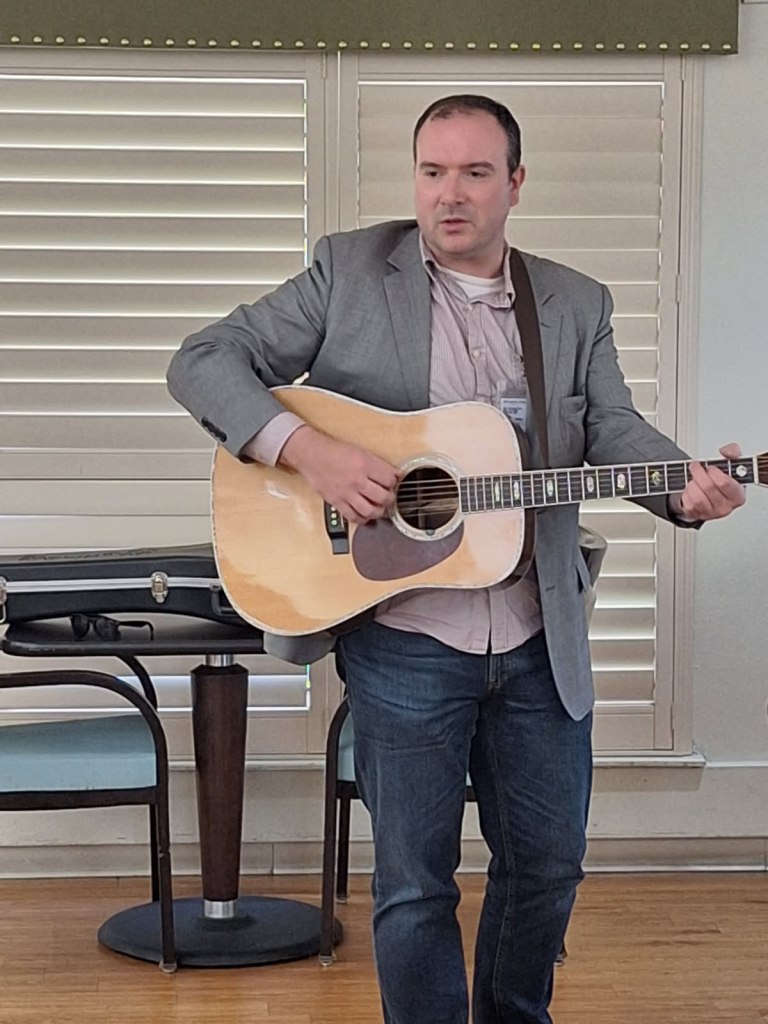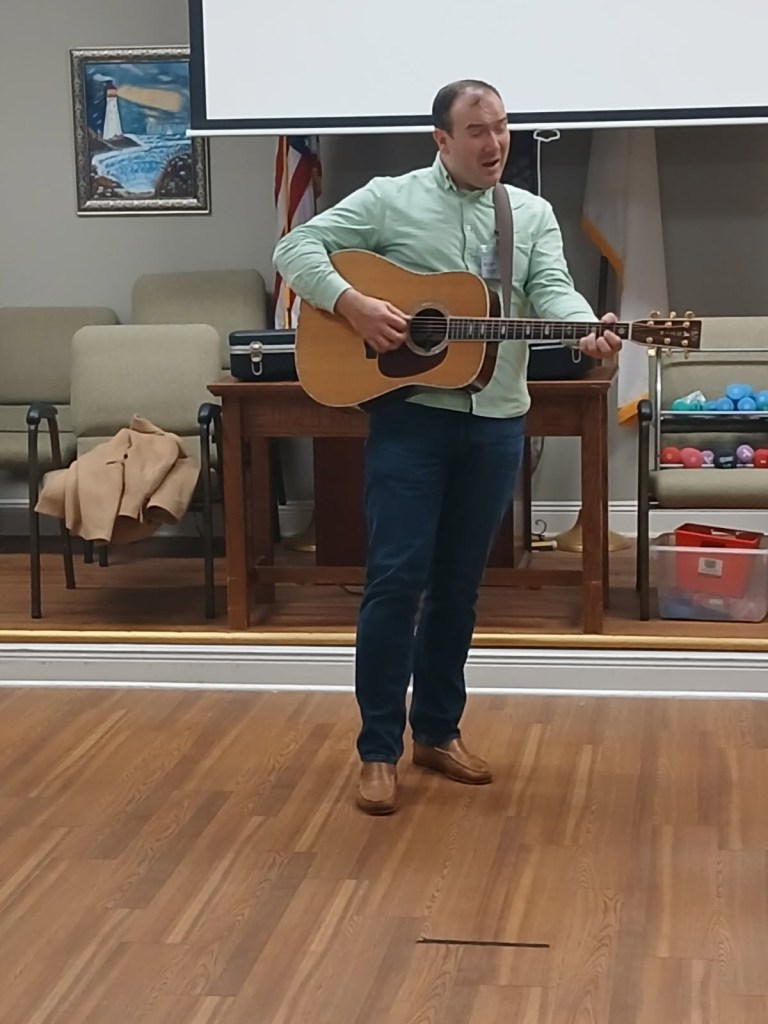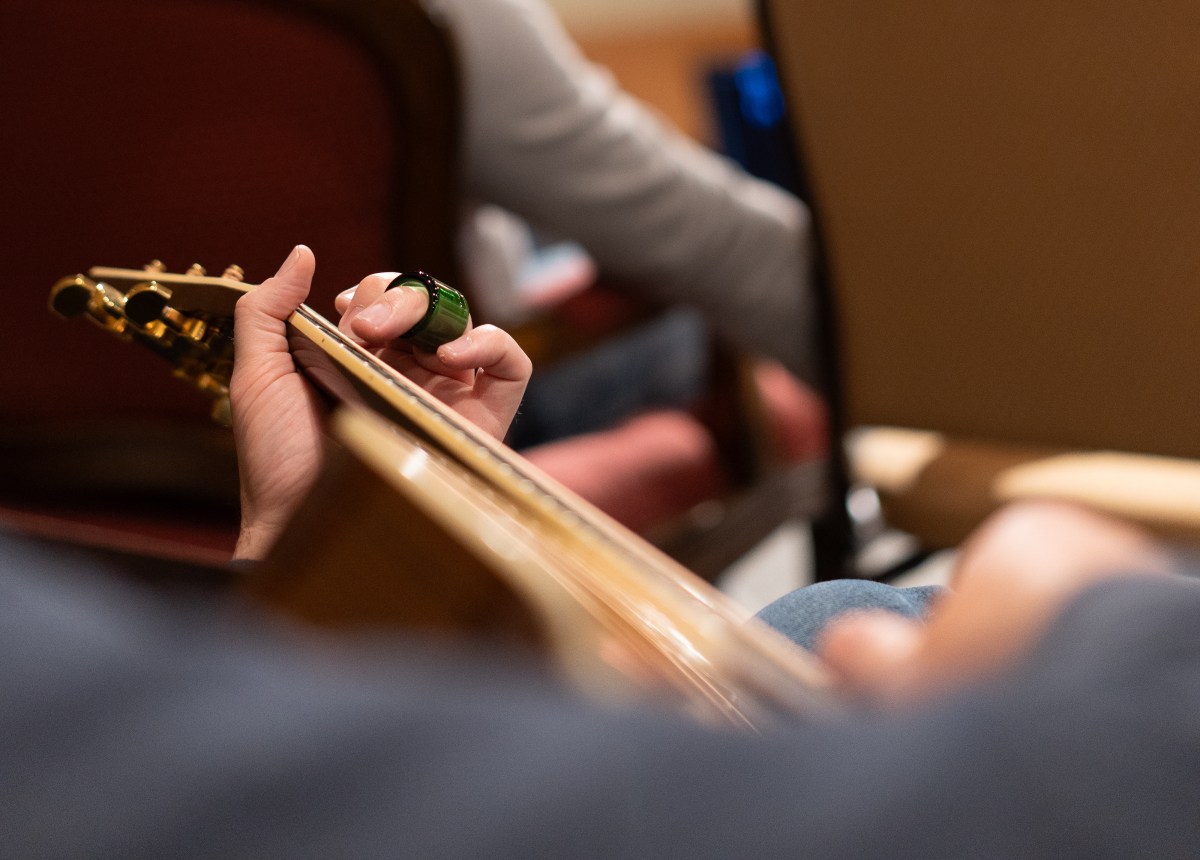When was the last time that you really had fun at work?
I haven’t always enjoyed work. Sometimes I wonder if that makes me lazy. There have been jobs that I enjoyed more than others, but for the most part, work is not fun and doesn’t make any claims to be. And anytime I start having fun while doing work I get worried that some manager is going to barge in with an attitude and shut it down. I think this perception was ingrained in me when I started working for my Pop when I was 7 or 8. That’s when fun at work meant you were playing. Which is what I would always rather be doing than working, because play is fun and work is not. I believe Pop, on the other hand, thought that work was fun. The work he was paying me to do was his side business after working a full shift at Stockham Valves and Fittings. I can remember his retirement party at our house. After he retired, I feel like I ended up working a lot more. It was a regular occurrence to get off the school bus and straight into a hay truck driven by Henry McGlaughlin. Big Henry. I look back on that time in my life fondly, but can I honestly say that I wasn’t having fun then.
“Whenever you aren’t having fun, you can always make fun.”
I may be looking at this all wrong, but I’m just telling you how I see it. But now that I have a side business of my own, Wells Music LLC, I do think I am beginning to understand why Pop may have been having fun doing all that work. The main reason is it doesn’t feel like work. I am enjoying myself so much that often after I get done teaching music at 8:30pm on a Thursday night that it still feels like I just got off work at 4:00pm. I even sometimes feel guilty for getting paid to do something that I am having so much fun doing. And the work is also rewarding. Seeing one of my students become a blessing to their local church through music is a feeling that I can’t accurately express in words. It is almost like watching your child take their first steps. This feeling is one of the strongest motivators to keep the business going.
Extrinsic motivation has always been the driving force behind my day job. This often means that while my mind may be engaged in the tasks for which I earn my paycheck, my heart rarely comes to work with me. It stays at home with my wife and children. And it is in the little studio behind my house where I watch the familiar twitch of an uncertain hand grasping for a D chord on a guitar. And it is behind the talkback mic on a church platform calling out numbers to a fledgling bass player who just wants to be part of something bigger than them. And it is behind the piano with a gifted songwriter, hungry for an understanding of music theory. And it yearns to be united with the undivided attention of my busy mind.
This past year my heart and my mind went to sing and play psalms, hymns and spiritual songs at 60 different nursing homes in central and northwestern Louisiana. Time will tell if it did anything good for the company I work for, but I believe that it was good for the residents. And I know that it was good for me.

Coushatta, LA.

Bossier City, Louisiana

































